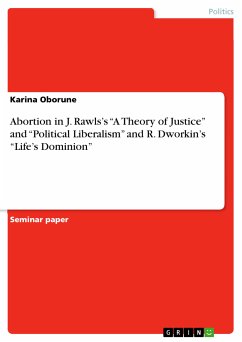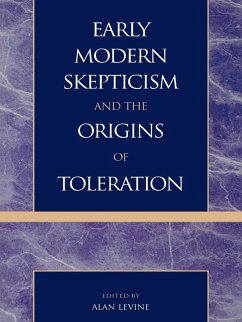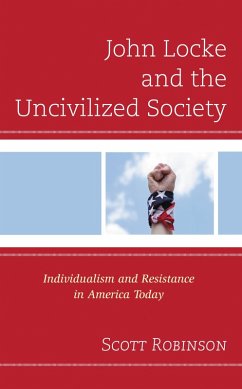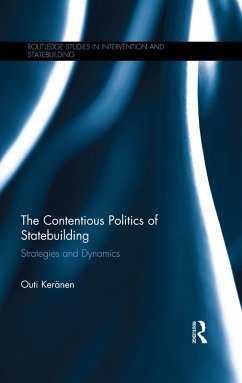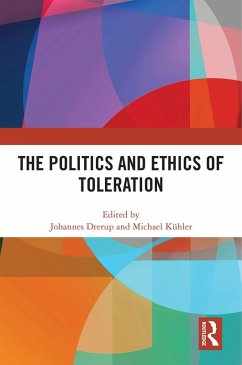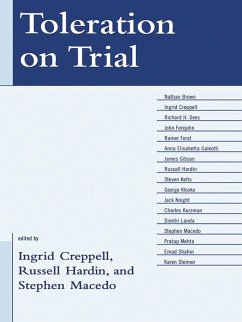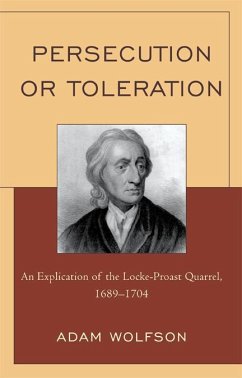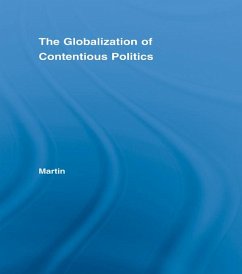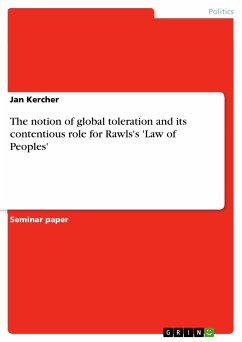
The notion of global toleration and its contentious role for Rawls's 'Law of Peoples' (eBook, ePUB)
Sofort per Download lieferbar
13,99 €
inkl. MwSt.

PAYBACK Punkte
0 °P sammeln!
Seminar paper from the year 2004 in the subject Politics - Political Theory and the History of Ideas Journal, grade: 88%, University of British Columbia (Department of Political Science), course: Modern Political Thought: John Rawls and his Critics, language: English, abstract: Liberal toleration plays an important role in Rawls's 'Law of Peoples'. As in the domestic part of his theor y of justice, the right kind of tolerance, for Rawls, is one of the main requirements for stability. Thus, many of the striking alterations that Rawls undertook when he applied his theory to the international are...
Seminar paper from the year 2004 in the subject Politics - Political Theory and the History of Ideas Journal, grade: 88%, University of British Columbia (Department of Political Science), course: Modern Political Thought: John Rawls and his Critics, language: English, abstract: Liberal toleration plays an important role in Rawls's 'Law of Peoples'. As in the domestic part of his theor y of justice, the right kind of tolerance, for Rawls, is one of the main requirements for stability. Thus, many of the striking alterations that Rawls undertook when he applied his theory to the international arena seem to go back to his concern for this important liberal idea. Since Rawls's first sketch of his international relations theory, numerous critics have disapproved of his peculiar notion of liberal toleration and its consequences for his theory. One strand of criticism holds that, even if one acknowledges the Rawlsian justification of tolerance, many of the conclusions he draws in connection with it cannot be maintained. Another strand of criticism sees Rawls's whole concept of justification as deeply flawed because of too many disanalogies to his own domestic theory. In this paper, I want to show that a great deal of this criticism is legitimate. In order to do this, I will first give a brief overview of Rawls's 'Law of Peoples' and its most important differences to his domestic theory of justice. Afterwards, I will reconstruct Rawls's justification for the toleration of certain non- liberal peoples. Finally, I hope to show that this justification is highly problematic and a weakness that deeply influences the construction of Rawls's whole international theory.
Dieser Download kann aus rechtlichen Gründen nur mit Rechnungsadresse in A, B, BG, CY, CZ, D, DK, EW, E, FIN, F, GR, HR, H, IRL, I, LT, L, LR, M, NL, PL, P, R, S, SLO, SK ausgeliefert werden.





